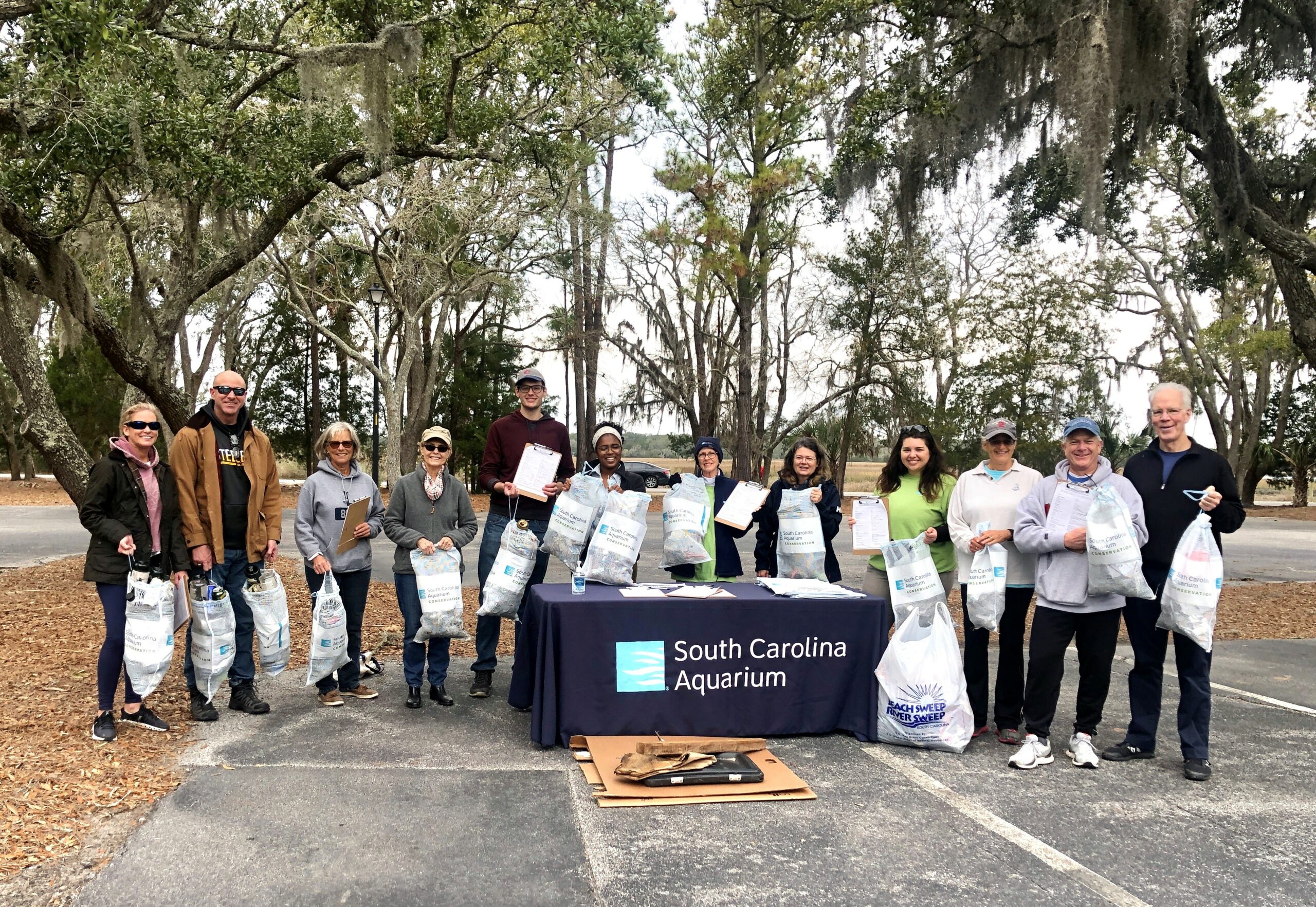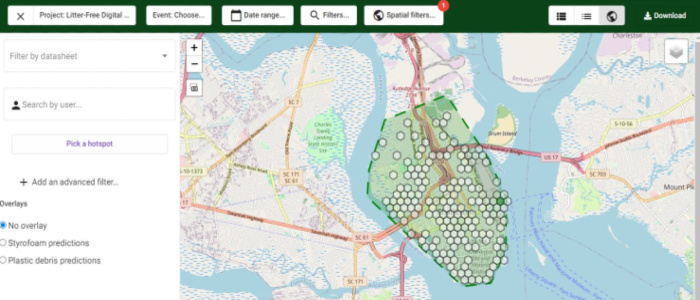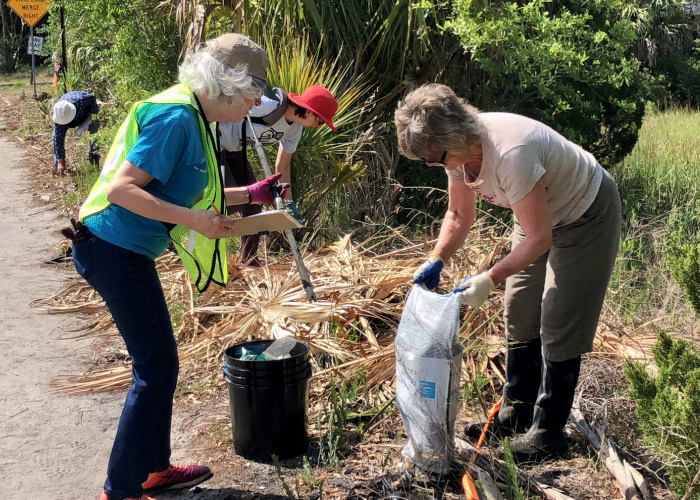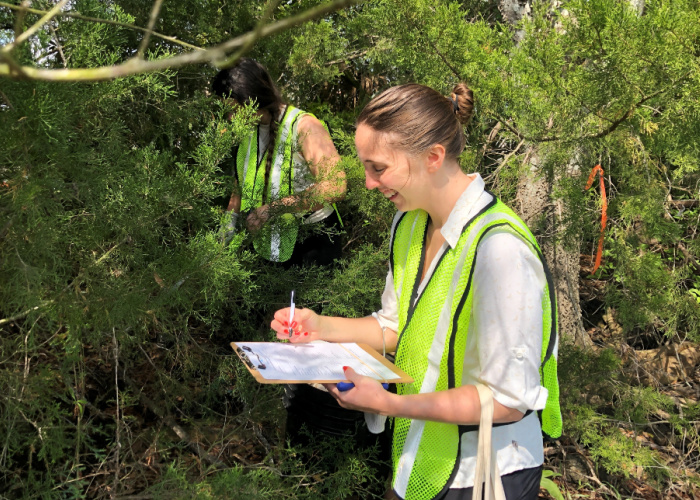If you’ve ever attended a South Carolina Aquarium litter sweep in the community, you’ve contributed to a growing citizen science dataset. To date, more than 1,950 litter sweep participants have removed over two million pieces of debris from our natural areas and documented it all in the Litter-Free Digital Journal, a project of the South Carolina Aquarium Citizen Science app. Since participating, have you ever wondered, “Is this data even being used? How does anyone even get the data? Is this really beneficial?”
We’re here to share…your actions ARE making a difference!
Building a Baseline
A recent report was published by the National Academies of Sciences, Engineering and Medicine entitled ‘Reckoning with the U.S. Role in Global Ocean Plastic Waste’ that summarizes what we think we know about plastic waste in the environment. As the report indicates, our current understanding of plastic waste is based on national estimates rather than refined data needed to inform the issues and create and monitor solutions.
Thanks to your collective efforts and the capabilities of the Litter-Free Digital Journal, the Aquarium helped establish valuable baseline, publicly-available data to address this knowledge gap. However, not everyone can or has the time to work with over 2 million data points; the larger the data set grows, the less likely folks will be to interpret it easily. If folks can’t succinctly understand the data, how will it drive important decisions critical for protecting the water, wildlife and wild places that we love?
 Citizen scientists gather after a sweep on Kiawah Island.
Citizen scientists gather after a sweep on Kiawah Island.The next logical step was to create improved data analysis tools to ensure community members and decision makers have access to this important data, ultimately moving the ball on managing litter and plastic pollution at a quicker pace.
Diving into the Data
With support from PalmettoPride, South Carolina’s state-sponsored litter organization, the Aquarium worked with Mount Desert Island Biological Lab’s Anecdata development lead, Cait Bailey, to create several incredible spatial search tools that allow all Litter-Free Digital Journal citizen scientists to access manageable data sets and graphs. These tools allow users to:
- Filter data by county.
- Draw a shape on a map to access the data in an area of interest.
- Graph data from spatial queries, such as getting debris totals in a specified location or over a user-specified time period.
- Embed and bookmark results and analyses online, enabling them to reach the widest audience possible.
 Data sets from the Charleston peninsula.
Data sets from the Charleston peninsula.How It’s Helping
To date, litter data have informed businesses of the need to reduce their use of single-use plastics, communities on locations for signage and trash receptacles, and supported many of the 19 single-use plastic bag bans in the state, as well as two smoking bans on Folly Beach and Isle of Palms. Additionally, data from the LFDJ has been presented at the statehouse on multiple occasions regarding plastic legislation.
 Citizen scientists categorize litter during a sweep.
Citizen scientists categorize litter during a sweep.With these new data access and analysis tools funded by PalmettoPride, citizen science data will continue to be used to prompt local and statewide shifts in behavior and policy and contribute toward the larger goal of promoting actionable solutions to address a wide range of litter issues throughout South Carolina and beyond.
Want to join a cohort of citizen scientists in the Litter-Free Digital Journal? Download the South Carolina Aquarium Citizen Science app and start today!
Published September 8, 2022


